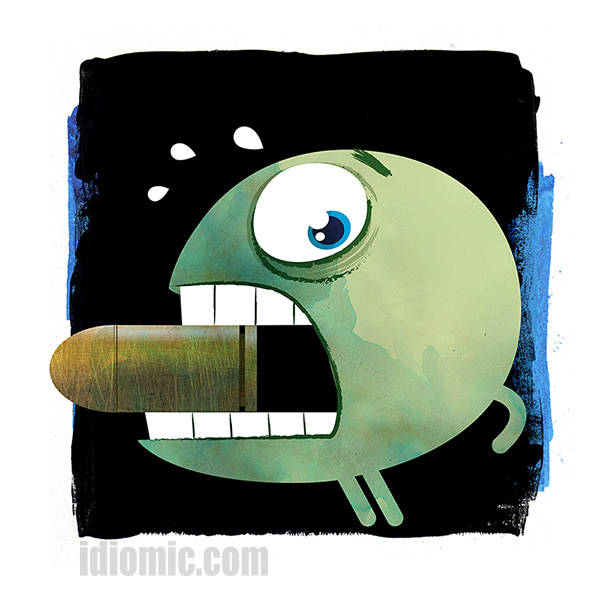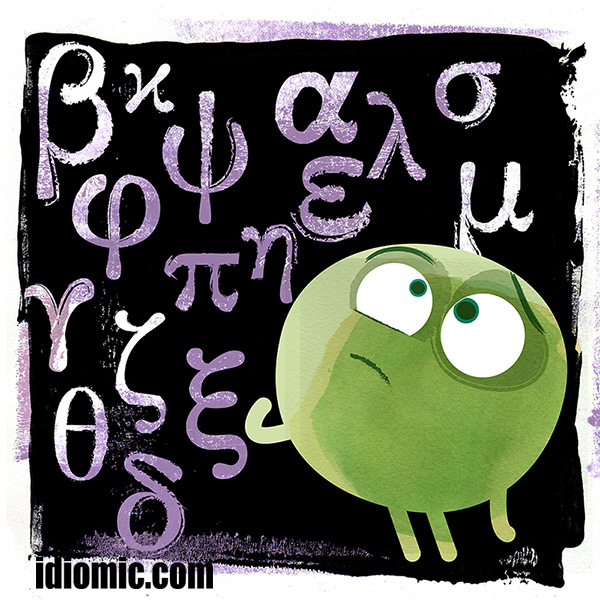Definition: Calm down….don’t get upset or angry
Example: “Keep your hair on!” Bill’s wife said to him. It was easy for her to say. It wasn’t her moped that had been stolen.
Origin:
There have been a number of similar expressions over the years, advising people to keep something on. There’s been ‘keep your shirt on‘ and ‘keep your hat on‘. Both of these possibly have to do with losing your cool and getting into an actual fight. In that case, you may indeed take your hat or shirt off in preparation. After all, you wouldn’t want to damage that hat, or get blood on that expensive shirt. That sort of prep probably wouldn’t include your hair, unless of course, it was a wig. Surely then the phrase should be ‘keep your wig on‘…
It may have to do more with frustration and worry, rather than outright anger. Long term worrying can lead to hair loss. Frustration can lead to some folks literally pulling their hair out.
Whatever the case, Iddy can’t relate to this idiom at all. Despite the fact that he’s basically one big ball of anger, frustration, and worry, he’s never had any hair to lose.





